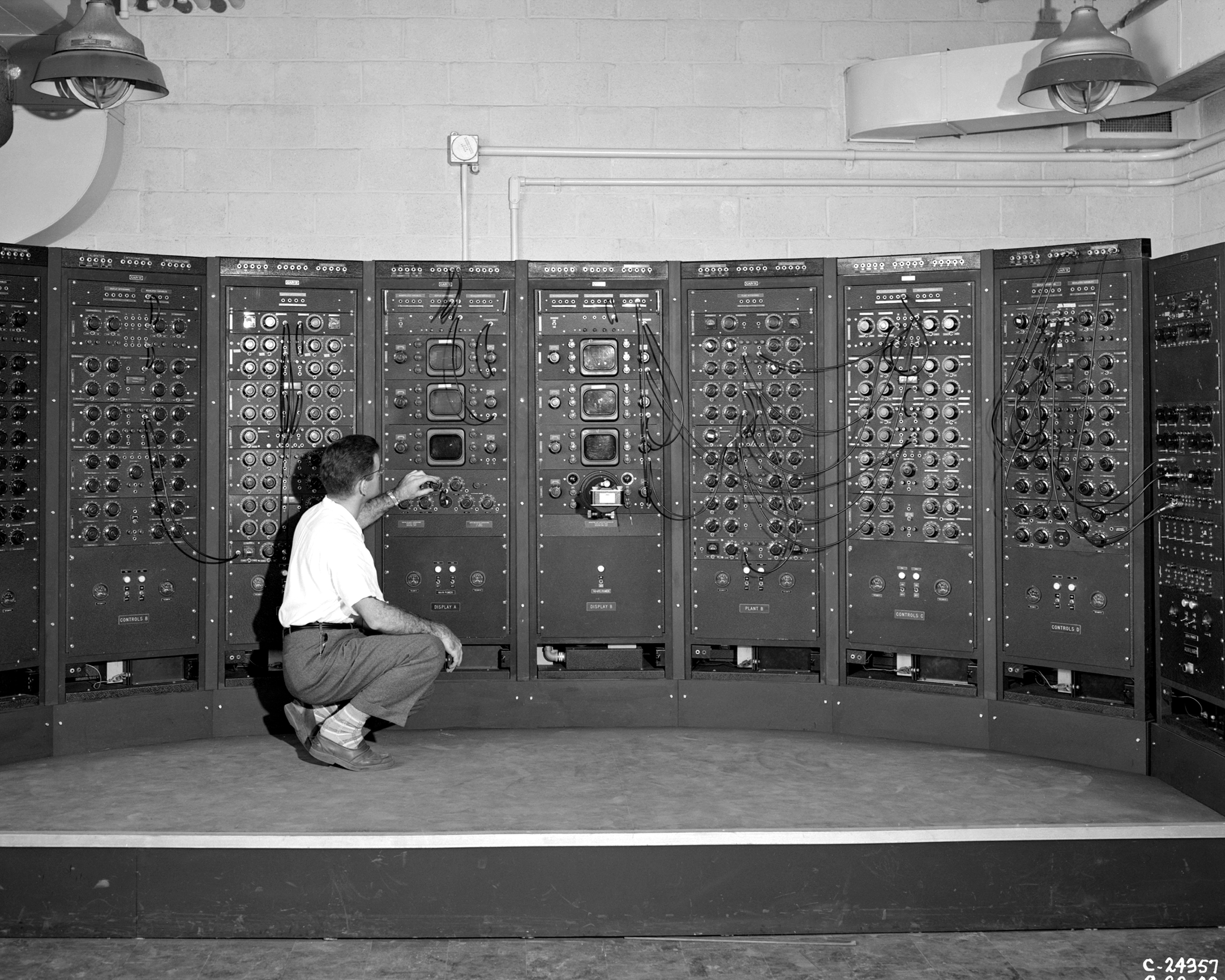Half of early career space jobs require programming skills
When we talk about skills for the space sector, we tend to think immediately of space-specific skills: knowledge of orbital mechanics, of spacecraft design, of satellite data analysis. But though these are certainly important and necessary skills, the technical skill that is asked for most of all is the ability to design, develop, and deploy software.
Almost half of early career space jobs require programming skills.
We’ve known for a while that these skills were in demand – the 2014 Space IGS Skills Theme Report highlighted a ‘lack of technical computing and programming skills in the workforce as a whole and recent graduates in particular’ – but this is the first time we’ve had a clear picture of just how large that demand is.
We analysed over 800 adverts for early career space jobs, and found that 49% asked for programming skills. In particular, employers are looking for expertise in C, C++, Python, MATLAB, and Java. By comparison the next highest technical competency is knowledge of electronics, asked for in just 17% of all jobs.
Programming skills are asked for in 40% of mechanical, thermal, and propulsion engineering roles, 50% of electrical and electronic engineering roles, and as many as 71% in mission operations and remote sensing roles.
Demand is high across all segments and sizes of employers, but particularly in downstream companies where it’s 60%. This is significant because the downstream space sector – space applications and data companies – employs the vast majority of space sector workers and is growing fast. Demand for these skills will only increase.
This has significant implications for the design of the sector’s recruitment pipeline from school outreach right through to ongoing professional development training. Programming skills must be a priority in the sector’s skills strategy.
The UK is already in the midst of a much larger tech skills shortage. It’s been described in Parliament as the ‘a digital skills crisis’ and is affecting 93% of UK tech companies. The Edge Foundation reported in 2018 that there were more than 600,000 tech vacancies.
Brexit will only make the challenge greater as barriers to hiring from overseas increase; the IGS report noted that:
In general […] employers did not have difficulty filling positions since the pool of applicants is global. Where indigenous graduates might lack the modelling and mathematical analysis skills these skills can be sourced from overseas.
Space Innovation and Growth Strategy 2014 ‐ 2030: Skills Theme Report
Demand for these skills puts the space sector in direct competition with the broader tech sector, which offers a higher profile (of the 20 most recognised brands in the world, 50% are tech companies) and higher average pay.
If it is to properly compete, then work must be done to address this imbalance and raise the profile of the space sector among tech professionals and graduates.
The root causes of the skills shortage must also be addressed. The tech sector has already invested a great deal of resources into tackling this problem. The space sector must draw on the lessons learned from this work in the development of its own strategy both independent of and in partnership with the tech sector.
The Space Skills Alliance exists to help address these problems. This work is our first step in building an evidence base to inform the sector’s skills strategy, but it cannot be done alone. Only with cross-sector collaboration can we properly tackle skills shortages, and we invite you to join us in this work.
Join usFound this interesting?
If you’d like more articles like this in your inbox, sign up for our newsletter. We’ll only email you when we have something valuable to share — we only sent three emails last year
We’d also appreciate it if you shared this article on social media:


